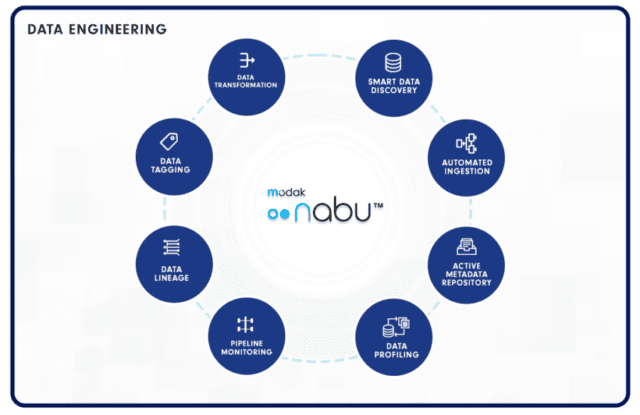The field of data engineering is constantly evolving, and it can be challenging for professionals to keep up with the latest best practices. In this article, we will explore the top 6 data engineering best practices for 2023. From understanding the importance of data quality to leveraging the power of automation, these best practices will help data engineers stay ahead of the curve and drive success for their organizations. Whether you are just starting out in the field of data engineering or have been working in the industry for years, these best practices will provide valuable insights and guidance to help you excel in your role.
The Rise of Data Engineering in the Age of Modern Data Platform
There are several factors that have contributed to the rise of data engineering alongside Modern Data Platform, as explained below:
- The increasing volume, complexity, and value of data that organizations are generating and collecting as valuable asset has risen the need for dedicated professionals who can design, build, and maintain systems for storing, processing, and analyzing data.
- Data engineers are responsible for developing and implementing the infrastructure and processes that enable organizations to extract insights and value from their data as the reliance on data-driven decision-making increases.
- The availability of powerful and scalable data management platforms, such as Hadoop and Spark, has made it easier for organizations to work with large and complex data sets. This, in turn, has increased the demand for data engineers who are skilled in using these technologies and tools.

Data Engineering Best Practices for 2023
How Modak Nabu™ Can Assist Data Engineering Teams
Modak Nabu™ is a modern data engineering platform that significantly speeds up data preparation and improves the performance of data analytics. It achieves this by converging a range of data management and analysis capabilities, such as data ingestion, profiling, indexing, curation, and exploration.
By providing a single, integrated platform for data management and analysis, Modak Nabu™ enables data engineers to manage and analyze their data more efficiently and effectively. With Modak Nabu™, data engineers can quickly and easily ingest, profile, and index their data, reducing the time and effort required to prepare data for analysis. In addition, Modak Nabu™ provides powerful tools for data curation and exploration, allowing data engineers to quickly identify and address issues with their data, and to gain valuable insights from it. Overall, Modak Nabu™ is a valuable tool for data engineers, helping them to improve the performance and efficiency of their data management and analysis processes and drive business value from their insights.

Check out our video on Modak Nabu ™ to know more!



